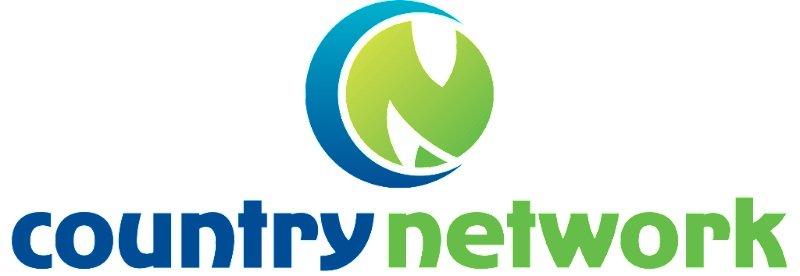COVID-19 Impact on the LGBTIQ+ community
Pride and Pandemic Report can be found Here
A new joint study has revealed the impact of the COVID-19 pandemic on LGBTIQ+ people in Australia and their mental health, as well as rates of family and domestic violence and economic situations.
Pride and Pandemic engaged 3,135 people across the country in an online survey and focus groups exploring the experiences of the COVID-19 pandemic among lesbian, gay, bisexual, trans, and queer (LGBTIQ+) people in Australia over the age of 18.
The study was a partnership between the Australian Research Centre in Sex, Health and Society (ARCSHS) at La Trobe University and LGBTIQ+ Health Australia, the national peak body for LGBTIQ+ health and wellbeing.
While primarily focusing on mental health and wellbeing, the study gained new insights into the impact of the pandemic on a range of other experiences including financial and housing security, family violence and tobacco, alcohol and other drug use. The report also includes recommendations for resourcing and further study based on the outcomes of Pride and Pandemic.
Almost two-thirds (63.8%) of participants felt that their mental wellbeing had gotten worse since the beginning of the pandemic. Of the 57.6% of respondents who had received a mental health diagnosis before the pandemic began, 71% reported their conditions worsening.
Focus group participants highlighted that changes in financial situations, isolation and unsafe living environments were often the driving force for a decrease in mental health and wellbeing.
More than half (54.4%) of the participants experienced some form of change to their employment circumstances during the pandemic.
Almost one-fifth (17.2% of participants) had experienced violence from an intimate partner during the pandemic, and more than a quarter (28.9%) experienced violence from a family member.
Most participants reported less social interaction with family of origin (48.7%), chosen family (51.5%); and friends (75.0%), but 75.8% also reported an increase in use of social media, and 45.8% in online participation in online social or learning activities for fun, as a buffer to this isolation.
Use of tobacco, alcohol and other drugs increased: of the 83.5% of participants who consumed alcohol, 46% reported consuming more over the pandemic period.
Natalie Amos (she/her), Research Officer at ARCSHS and one of the study’s researchers said the outcomes of the Pride and Pandemic give a unique insight into future pandemic response measures. “Pride and Pandemic highlights the challenges and health disparities already experienced by LGBTIQ+ communities prior to the pandemic, that have been further exacerbated during the pandemic in face of new and additional challenges. It gives us new knowledge that can be drawn upon by health professionals, service providers, community organisations and governments to address the needs of LGBTQ+ people, now and in future crises whether they are global or local, such as the recent flooding,” Amos said.
Amos highlighted that there was a lack of data on the impact of the pandemic on people with an intersex variation. Non-binary participants, as well as those who identified as queer, bisexual or pansexual reported poorer health outcomes than other participants in the survey. “We have recommended further focused study on those communities, so there is a richer body of knowledge to plan interventions for now and in the context of future crisis events that may be experienced,” Amos said.
LGBTIQ+ Health Australia Chief Executive Officer Nicky Bath (she/her) said governments needed to heed the key recommendations of Pride and Pandemic. “Investigations like Pride and Pandemic show that data is vital to recognising where disparities are, and also show why LGBTIQ+ community-controlled health and wellbeing responses are vital to tackling those disparities,” she said.
“Governments across the country need to ensure LGBTIQ+ -led services are funded appropriately so that our communities are given affirming and appropriate care, domestic violence interventions and public health messaging,” Bath said.
QLife provides free peer support and referrals for issues around sexuality, gender, bodies and relationships. QLife: 3pm to midnight, everyday | 1800 184 527 | qlife.org.au
You can find more articles like this one by clicking the topics below, or to find more articles by this member, click on the profile image below the topic list!






